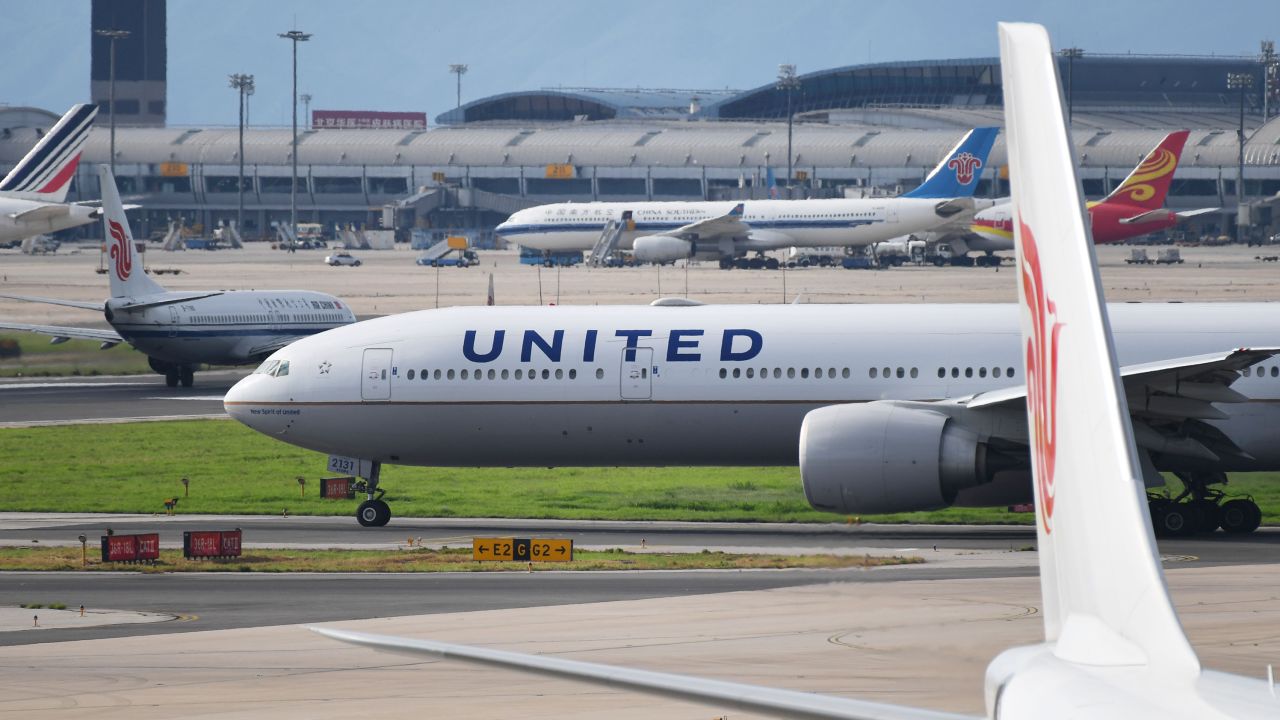
Ever wondered what’s shaping the future of air travel? Airline industry trends are constantly evolving, driven by technology, passenger preferences, and global events. From sustainable aviation fuels to biometric boarding, airlines are adopting innovative solutions to enhance efficiency and customer experience. Sustainability has become a major focus, with airlines investing in eco-friendly aircraft and carbon offset programs. Meanwhile, digital transformation is revolutionizing everything from booking processes to in-flight entertainment. Passenger safety remains paramount, with enhanced health protocols and touchless technologies becoming standard. Curious about the latest developments? Let’s dive into 14 key trends that are transforming the airline industry today.
Key Takeaways:
- Airlines are going green! They're using sustainable fuel and developing electric planes to reduce emissions and meet passenger demand for eco-friendly travel options.
- Get ready for a tech-savvy travel experience! From biometric boarding to in-flight Wi-Fi, airlines are using technology to make air travel more efficient and passenger-friendly.
The Rise of Sustainable Aviation
Airlines are increasingly focusing on sustainability. This shift is driven by environmental concerns and passenger demand for eco-friendly travel options.
-
Sustainable Aviation Fuel (SAF): Airlines are investing in SAF, which can reduce carbon emissions by up to 80% compared to traditional jet fuel. SAF is made from renewable resources like waste oils and agricultural residues.
-
Electric Aircraft: Companies are developing electric planes for short-haul flights. These aircraft produce zero emissions during flight, making them a greener alternative to conventional planes.
-
Carbon Offsetting Programs: Many airlines offer passengers the option to offset their carbon footprint. Funds from these programs support projects like reforestation and renewable energy.
Technological Innovations in the Airline Industry
Technology is revolutionizing air travel, making it more efficient and passenger-friendly. From booking to boarding, tech advancements are enhancing the overall experience.
-
Biometric Boarding: Airports are implementing facial recognition technology for faster and more secure boarding. This reduces wait times and enhances security.
-
In-Flight Wi-Fi: High-speed internet is becoming a standard feature on many flights. Passengers can now stay connected, work, or stream entertainment during their journey.
-
Artificial Intelligence (AI): AI is used for various purposes, including customer service chatbots, predictive maintenance, and personalized travel recommendations.
Changes in Passenger Experience
Airlines are constantly improving the passenger experience to stay competitive. These changes range from more comfortable seating to better in-flight entertainment options.
-
Premium Economy Class: Many airlines now offer a premium economy class, which provides more legroom, better meals, and additional amenities compared to standard economy.
-
In-Flight Entertainment Systems: Modern planes are equipped with advanced entertainment systems, offering a wide range of movies, TV shows, music, and games.
-
Health and Safety Measures: In response to the COVID-19 pandemic, airlines have implemented enhanced cleaning protocols, contactless check-in, and mandatory mask policies to ensure passenger safety.
Economic Trends Affecting Airlines
The airline industry is heavily influenced by economic factors. These trends can impact everything from ticket prices to route availability.
-
Fluctuating Fuel Prices: Fuel costs are a significant expense for airlines. Fluctuations in fuel prices can lead to changes in ticket prices and operational strategies.
-
Mergers and Acquisitions: Airlines often merge or acquire other carriers to expand their network and reduce competition. These moves can lead to better connectivity and more flight options for passengers.
-
Low-Cost Carriers (LCCs): The rise of LCCs has made air travel more affordable. These airlines offer no-frills service at lower prices, attracting budget-conscious travelers.
Environmental Regulations and Policies
Governments and international organizations are implementing regulations to reduce the environmental impact of aviation. These policies are shaping the future of the industry.
-
Carbon Emission Targets: Many countries have set targets for reducing aviation-related carbon emissions. Airlines must comply with these regulations, which often involve adopting greener technologies and practices.
-
Noise Pollution Standards: New regulations aim to reduce noise pollution from aircraft. Airlines are investing in quieter engines and flight paths that minimize noise impact on communities.
The Future of Air Travel
Airline industry trends are shaping up to make flying more efficient and enjoyable. Sustainability is at the forefront, with airlines investing in biofuels and electric planes. Technology is playing a huge role, from AI-powered customer service to biometric boarding. Personalization is another big trend, with airlines offering tailored experiences based on passenger preferences.
Health and safety measures are here to stay, ensuring travelers feel secure. Flexible booking options are becoming standard, allowing passengers to change plans without hefty fees. In-flight connectivity is improving, making it easier to stay connected while in the air.
These trends indicate a bright future for air travel, with a focus on innovation, sustainability, and customer satisfaction. As airlines continue to adapt, passengers can look forward to a more seamless and enjoyable flying experience.
Frequently Asked Questions
Was this page helpful?
Our commitment to delivering trustworthy and engaging content is at the heart of what we do. Each fact on our site is contributed by real users like you, bringing a wealth of diverse insights and information. To ensure the highest standards of accuracy and reliability, our dedicated editors meticulously review each submission. This process guarantees that the facts we share are not only fascinating but also credible. Trust in our commitment to quality and authenticity as you explore and learn with us.


